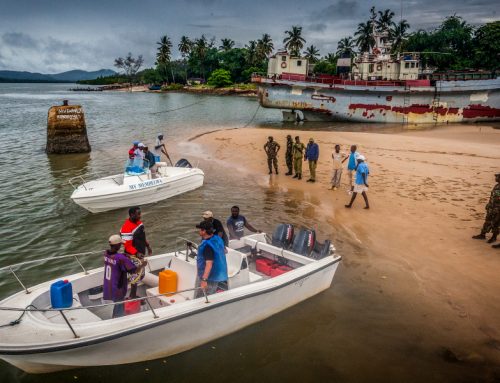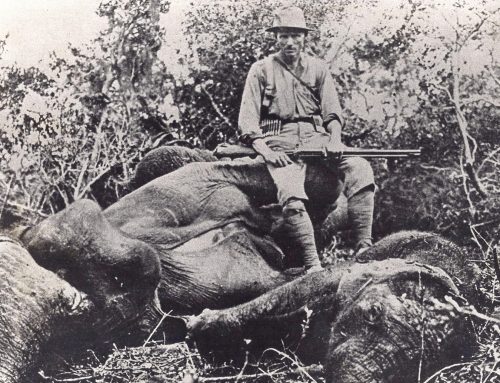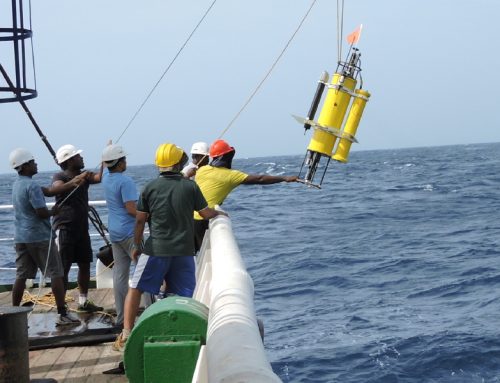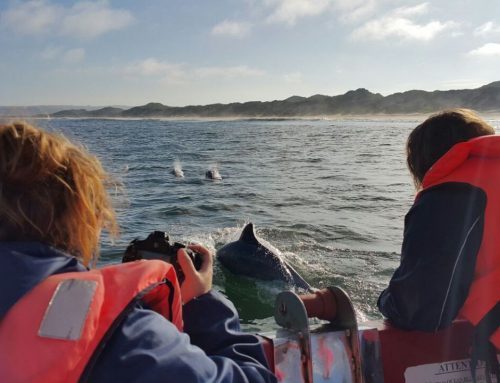 Farmers, communities, environmental organisations, geologists and water specialists are up in arms about global energy and petrochemical company Shell’s application to explore for shale gas over 90 000km2 in the water-stressed Karoo.
Farmers, communities, environmental organisations, geologists and water specialists are up in arms about global energy and petrochemical company Shell’s application to explore for shale gas over 90 000km2 in the water-stressed Karoo.
The proposed exploration method, called hydraulic fracturing or “fracking”, involves drilling boreholes 4-5km deep, followed by the introduction of a mixture of chemicals, sand and millions of litres of water into the boreholes under enormous pressure to fracture the geological structures and force the free flow of shale gas, also called natural gas.
This process determines whether viable amounts of shale gas exist for future exploitation based on the same method.
“Fracking has been described as planting chemical bombs underground,” said environmental consultant and farmer Fritz Bekker who is spearheading an opposition group of farmers and NGOs against another application by a company called Advasol (Pty) Ltd to explore for gas from Struisbaai to Mossel Bay, extending 20km down the southern Cape coast.
“With an approved exploration right, an applicant such as Shell may drill as many exploration boreholes as it can afford, which may be hundreds or even thousands, depending on the area’s geology. Each borehole may be subjected to the fracking process.
“It is important to note that the most significant adverse environmental impacts of earth gas exploration may already occur during the exploration phase.
“Fracking has been condemned in many countries in the world and, despite assurances from companies using this method that they will prevent any leakages, I need to warn farmers, landowners and communities in the Karoo that it poses a significant threat of chemical and gas contamination to the region’s scarce water sources. Both the surface and groundwater is highly vulnerable to contamination once pressurised shale gas is liberated through the drilling and fracking process. The long-term effects of toxic chemicals used in the fracking process are only now becoming apparent in countries where it has been used.The chemicals used during fracking in America have been positively linked to cancer, Parkinson’s, Alzheimer’s, diabetes, asthma, learning disorders and endocrine disrupting effects.
“If they drill they will also need large quantities of water and storage space for vast volumes of flammable, potentially toxic drilling mud in dams close to each drilling site. It takes 1 litre of hydrocarbons such as shale gas to pollute 1 million litres of water.”
Shell has appointed Golder Associates to compile the environmental management plan (EMP) and to undertake the public consultation process. Shell’s application to explore for shale gas has been submitted to the Petroleum Agency SA (Pasa), which administers applications as a designated agent of the minister of energy. To compile the research required for the EMP, the background document states: “Desktop studies will cover the larger application area and some fieldwork will be undertaken in selected areas to support the findings of the desktop studies.”
The mention of “some fieldwork” alarms Bekker. “The EMP by its nature must include specialist studies by geologists, ecologists, as well as specialist groundwater and surface water studies. Without these studies they cannot responsibly comment on the potential impact of gas exploration or mining required in the EMP,” he said.
The applicant will not be able to budget for the management or mitigation of adverse environmental impacts that they have not identified properly during this phase of the application. Specialist environmental surveys such as botanical, hydrological and groundwater investigations should be planned to take cognisance of seasonal variance, which is now not possible because of Shell’s haste to obtain approval.
Brent Baxter, business unit leader of environmental services at Golder, said an environmental impact assessment will be conducted “for any activities which are listed under the National Environment Management Authority, before exploration activities commence”.
One would expect so, but it still does not address the potential fracture in the EMP process. Asked why Golder and Shell did not rather apply for the period granted for the submission of the EMP to be extended, Baxter said this was not possible because once “a company lodges an application for an exploration right under the Mineral and Petroleum Resources Development Act, (it has) 120 days to submit an EMP”.
The first of several meetings to be hosted by Shell and Golder was to take place in the Karoo town of Hofmeyr yesterday.
Many farmers, communities and interested and affected organisations have not been informed about the meetings, nor about the application. Those who know about it are trying to spread the word.
Asked how they had advertised the meetings, Golder’s public participation officer, Toni Pietersen, replied that they placed adverts in national and community newspapers.
She said it was unfortunate that they were placed about a week before the meetings were scheduled to begin, explaining that the Christmas period had hampered things. They had also sent e-mails and posted the background documents to as many landowners, communities, farmers and affected organisations as they could find, Pietersen added.
However, not even the president of Agri Eastern Cape, Ernest Pringle, who farms in the affected area, appears to received contact or background information. Neither did Ed Kingwill, the chairman of the Rooihoogte Farmers’ Association in the Middelburg district, nor the regional chief director for the Department of Water Affairs in the Eastern Cape, nor the Nama Karoo Foundation, the conservation agency working to protect and preserve the natural and cultural heritage of the Karoo, based in Richmond and Graaff-Reinet.
All received the information by chance via associates.
“I have seen a documentary on frack mining and after I watched it I thought: ‘Thank God I will never have to deal with this in the Karoo.’ So I thought until I received word about Shell’s application two days ago,” said the Nama Karoo Foundation’s Marina Beal.
“Water, much of which is ancient water dating back millions of years, is the most precious commodity in the Karoo… The potential for contamination of water through fracking is significant and potentially environmentally devastating.”
Geohydrologist Ahee Coetsee, who farms in the Middelburg district,said: “We only need to look at the coal fields and acid mine drainage to know that while we might have excellent environmental laws, the enforcement of them and technical know-how is lacking.
“There are many and varied aquifer systems in the Karoo, some dating back 300million years… If Shell is planning to drill down to 4km and more, and if the boreholes constructed are not 100 percent, there can be cross-contamination between aquifer systems.”
Professor Bruce Rubidge, director of the Bernard Price Institute for Palaentological Research at Wits University said that when Shell talked about drilling down 4-5km in the Karoo, it was talking about accessing the Ecca group of rocks dated at about 270million years, a time when the Karoo was an ancient marine environment.
The Karoo is renowned for its fantastic wealth of fossil material, and Rubidge, a son of the Karoo, said: “I would hate to see a big petroleum industry set up there. It would destroy the character of the Karoo.”
Shell justifies the application in its background document by stating that: “South Africa is faced with the challenge of being able to meet future energy demands of an expanding economy. Developing a natural gas energy supply to help meet this growing demand would be of considerable value to South Africa.”




